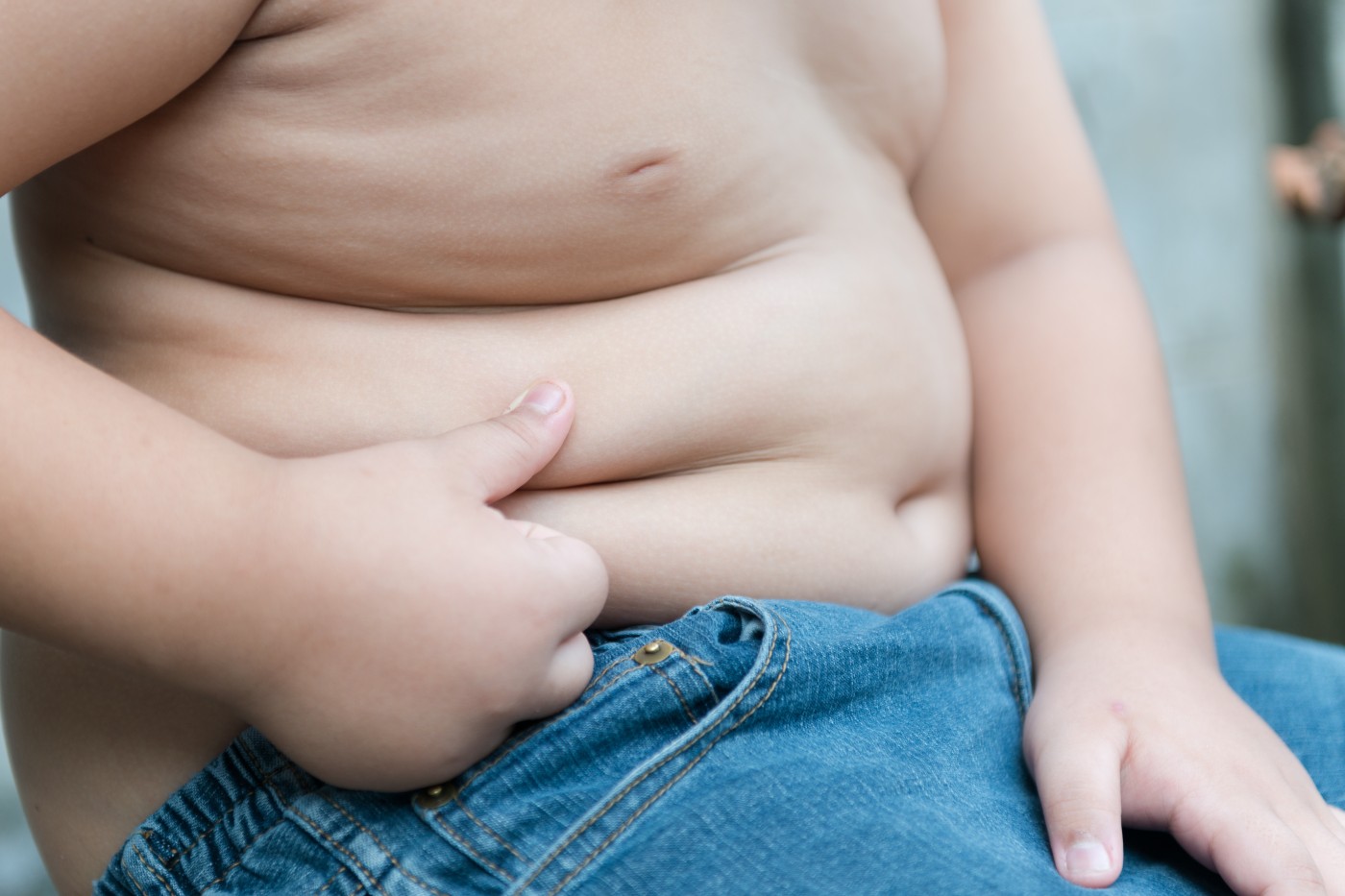Dr. Jessica Woo and Dr. Lisa Martin from Cincinnati Children’s Hospital Medical Center recently published in the journal Current Obesity Reports a review on relevant studies regarding breastfeeding. The review is entitled “Does Breastfeeding Protect Against Childhood Obesity? Moving Beyond Observational Evidence.”
Obesity is a major public health concern worldwide and because it is particularly difficult to treat this condition, research has focused on preventive measures. Breastfeeding has been proposed as a strategy that potentially reduces the child’s risk for obesity, as human milk contains all the required nutrients, immunity factors and other bioactive elements to help the baby develop healthy. More than 80 observational studies during the last 20 years have reached the conclusion that the likelihood of a child who drank breast milk to become obese is around 12 to 24% less than a child who drank formula milk, and the longer a child was breastfed, the higher was this protective effect, suggesting that breastfeeding protects against obesity during childhood and beyond. These findings have, however, created some controversy in the field.
In the review, authors suggest that, although breastfeeding has clear advantages and health benefits, biological research studies indicate that it cannot be seen as a primary strategy to prevent childhood obesity. Factors like the mother’s weight, milk quality and the socio-economic status of the family have been recently reported to influence the baby’s overall health condition, weight and obesity risk.
According to the authors, previous research studies have shown that certain milk components differ between lean and obese mothers, suggesting that maternal obesity could be a potential, direct or indirect, risk factor for child obesity and that milk quality differs according to the woman’s health status. The gut microbiota has also been linked to weight and obesity, and it has been reported that after birth, the diet during the first year of life is a major contributor to the development of the right gut microbiota. Studies have also suggested that breastfeeding influences a person’s taste preference and diet quality, being linked to a higher acceptance of novel flavors in infancy, a higher dietary diversity and openness to healthier food options during childhood and later in life.
The authors concluded that childhood obesity is not solely directly linked to the milk consumed during infancy, instead the association between breastfeeding and childhood obesity is a more complex matter involving specific biological aspects between the mother and the child.
In the United States, mothers who have a healthy lifestyle often make the decision to breastfeed. “They have knowledge about healthy choices, and the time, income and social support to translate that knowledge into the non-trivial choice to initiate and continue breastfeeding, in order to accrue the many known benefits for their infant’s and their own health,” said Dr. Woo in a news release. The authors believe that educating mothers concerning healthy habits, such as a healthy diet and physical activity, could potentially significantly reduce childhood obesity and increase women well-being.
“The decision to breastfeed is strongly personal and closely linked with specific socio-economic and lifestyle patterns. Therefore, definitive epidemiologic evidence about the role of the feeding of human milk on obesity prevention may never be truly attainable,” concluded Dr. Martin.


